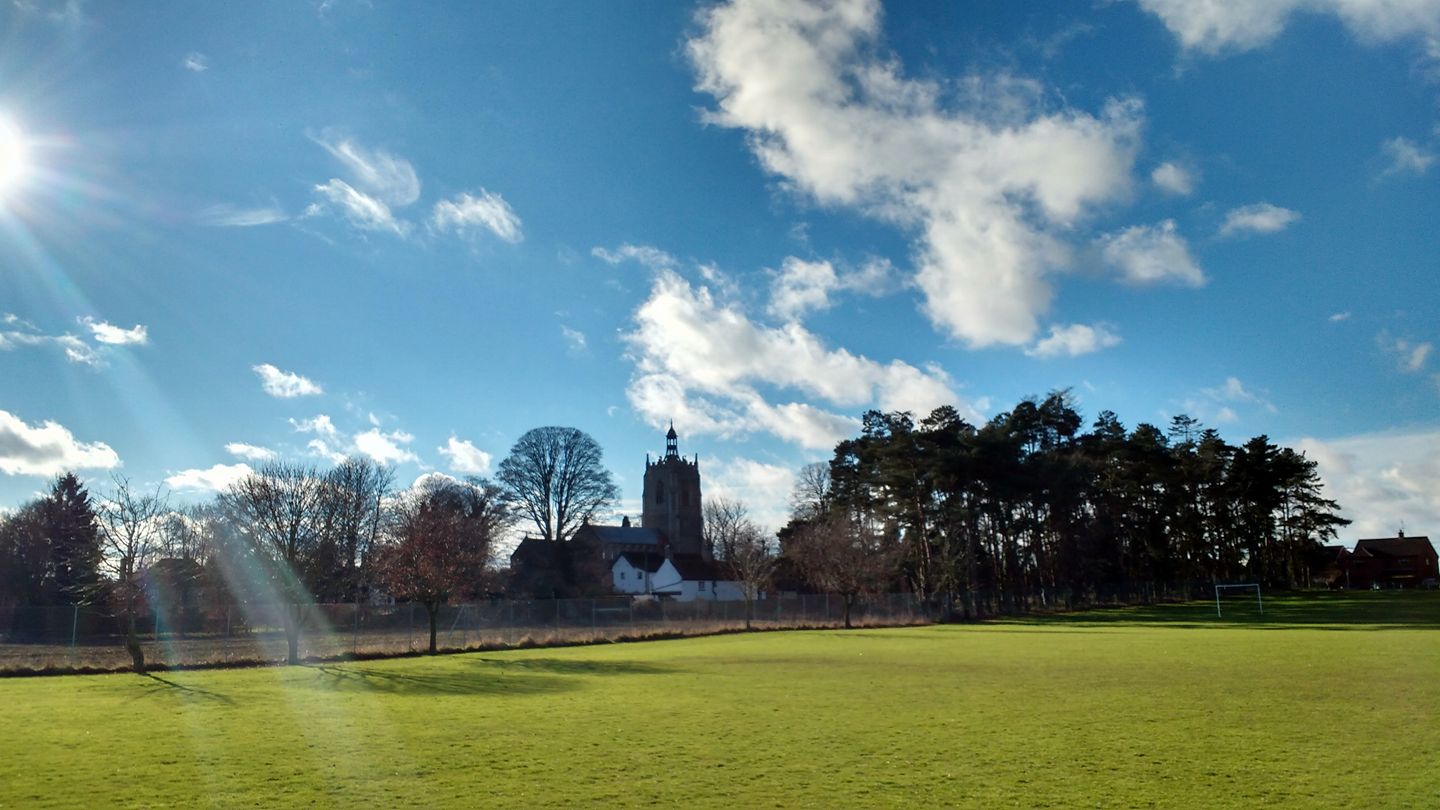A councillor is a member of the council and is normally elected for a term of four years. People of any political or religious persuasion are eligible to become a councillor, although their personal views should not extend into their parish council work.
They are elected to represent the interests of the local community as a whole and promote a harmonious local environment. The number of elected councillors depends on the size of the area. In Necton we are able to have 9 councillors.
Local councils are the first tier of governance and are the first point of contact for anyone concerned with a community issue. They are democratically elected local authorities and exist in England, Wales and Scotland. The term ‘local council’ is synonymous with ‘parish council’, ‘town council’ and ‘community council’.
Local councils are made up of locally elected councillors. They are legally obliged to hold at least one meeting a year. Most meet on a monthly cycle to discuss council business and hear from local residents. District councillors regularly attend parish meetings to report back to the district on developments at parish level. County councillors are also invited to attend parish meetings when the parish council feels it is appropriate, and they have a standing invitation to attend and report at the Annual Parish Meeting.
Councillors must abide by a Code of Conduct; a set of rules on how councillors are expected to behave. They must also declare their pecuniary (financial) interests in the parish, details of which are kept on a Register at Breckland District Council.
Being a parish councillor can be an interesting and rewarding experience. Read more about how to become a councillor.
The Good Councillors Guide provides comprehensive information about what is involved in the role.
